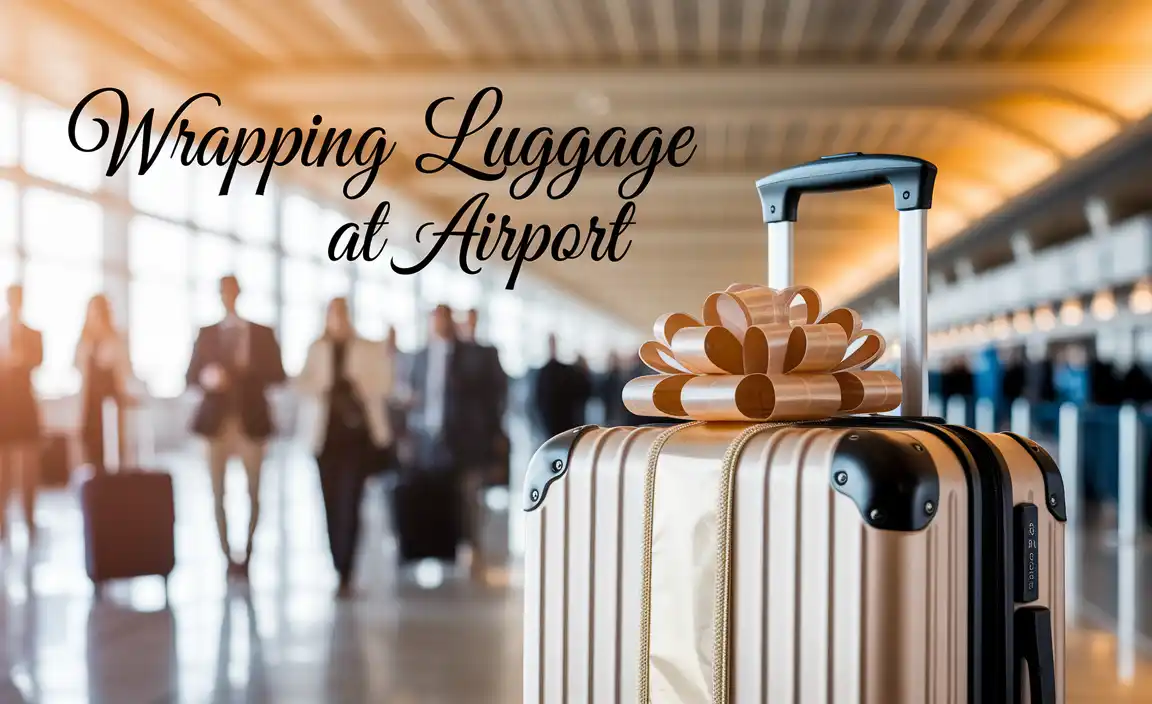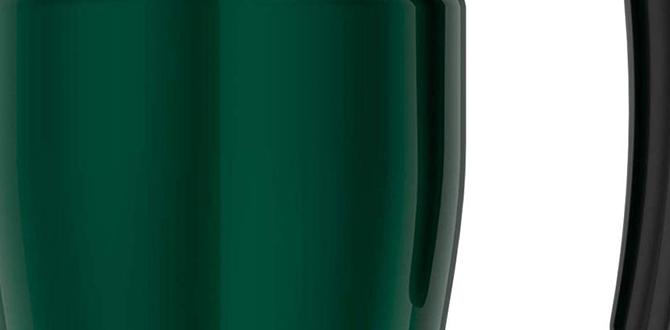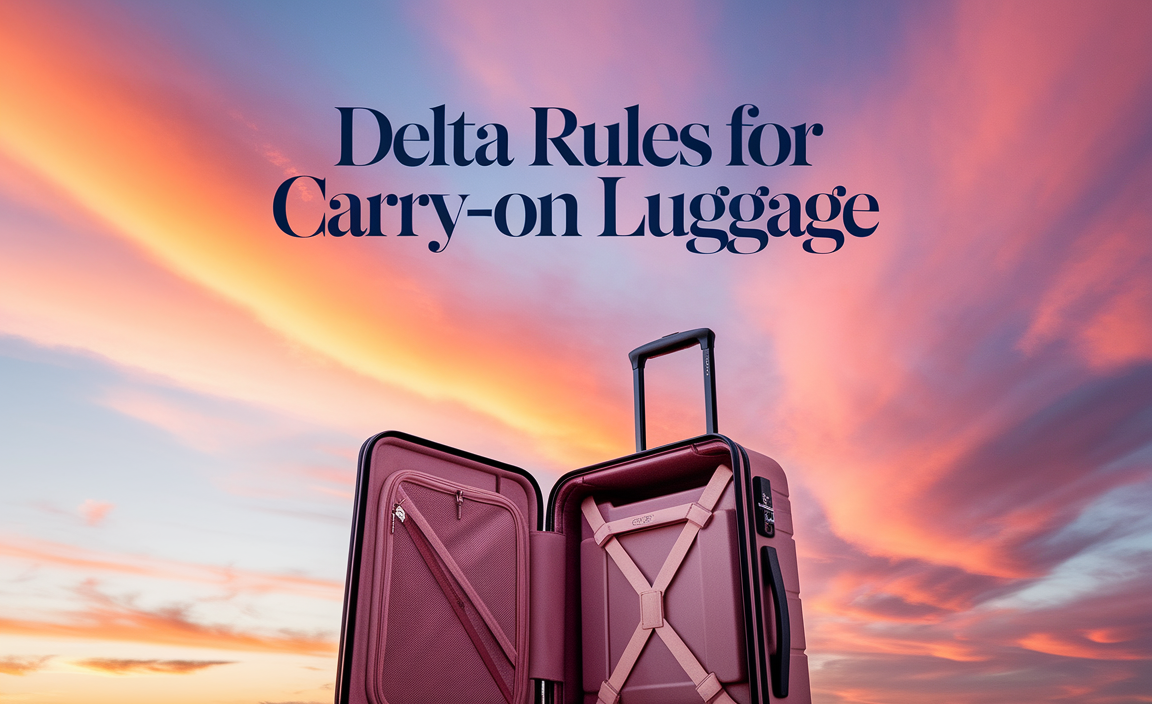Alexandria solo female travel is achievable and rewarding with the right preparation. Focus on safety, cultural immersion, and smart logistics to enjoy this historic Egyptian city with confidence. Our guide offers actionable tips for a memorable and stress-free adventure for any solo female traveler.
Dreaming of exploring ancient wonders but feeling a little hesitant as a solo female traveler? Alexandria, Egypt, offers a captivating blend of Mediterranean charm and profound history. While the thought of navigating a new country alone can bring up questions, especially concerning safety and cultural nuances, it’s entirely possible to have an incredible and empowering experience. This guide is here to equip you with essential, easy-to-follow tips designed to make your solo adventure in Alexandria smooth, safe, and brimming with discovery. We’ll cover everything from transportation and accommodation to staying connected and respecting local customs, ensuring you feel prepared and excited for your journey. Let’s dive into how you can make Alexandria your next unforgettable solo destination!
Why Alexandria for Solo Female Travelers?
Alexandria, often called the “Pearl of the Mediterranean,” presents a unique opportunity for solo female travelers. It’s a city where ancient history meets a vibrant, modern Egyptian life. Unlike some more intensely tourist-focused destinations, Alexandria offers a more authentic slice of Egyptian culture, coupled with a more relaxed pace than Cairo. For solo women, this can translate into a more comfortable and engaging experience. The city boasts impressive historical sites, beautiful seaside promenades, and a growing cosmopolitan feel. While it’s important to be aware of your surroundings anywhere you travel, Alexandria generally welcomes visitors warmly. The key lies in understanding local customs, adopting smart travel strategies, and embracing the spirit of adventure.
Planning Your Solo Trip to Alexandria
The foundation of any successful solo trip, especially to a destination as rich and layered as Alexandria, is thorough planning. This isn’t about rigid schedules, but about building confidence through preparation. Knowing what to expect and having a few key pieces of information at your fingertips can significantly enhance your sense of security and ease of travel.
Best Time to Visit
Choosing the right time to visit can greatly impact your experience. Alexandria enjoys a Mediterranean climate, meaning its seasons are generally milder than those in upper Egypt.
- Spring (March – May): This is arguably the most pleasant time. Temperatures are mild, the crowds are manageable, and you can enjoy outdoor activities and wandering the city comfortably.
- Autumn (September – November): Similar to spring, autumn offers lovely weather with cooler breezes and fewer tourists after the summer rush. It’s a fantastic period for exploring historical sites without the intense heat.
- Summer (June – August): Alexandria can get hot and humid during summer. It’s also peak tourist season, meaning more crowds and higher prices. While the sea breeze can offer some respite, prolonged outdoor exploration might be challenging during midday.
- Winter (December – February): Winters are generally mild but can be rainy and windy. While you’ll encounter the fewest tourists and potentially lower prices, some outdoor activities might be less appealing.
Visa Requirements
Most nationalities require a visa to enter Egypt. It’s crucial to check the latest visa regulations for your specific country of citizenship well in advance of your trip. You may be able to obtain a visa on arrival at the airport, or you might need to apply through an Egyptian embassy or consulate in your home country or online. Being well-informed about visa procedures saves time and prevents last-minute stress.
For up-to-date information, always consult your country’s foreign travel advice and the official website of the Egyptian Ministry of Foreign Affairs or the relevant embassy. For instance, travelers from many Western countries can explore options through the Egyptian e-visa portal.
Essential Packing for Alexandria
Packing smart is key for comfort and convenience, especially when traveling solo. Aim for lightweight, versatile clothing that respects local customs while keeping you cool and comfortable.
Clothing Essentials
- Lightweight, breathable fabrics: Cotton, linen, and light synthetics are ideal for the climate.
- Modest attire: While Alexandria is more liberal than some parts of Egypt, it’s respectful and practical to pack items that cover your shoulders and knees. Think long skirts, loose trousers, and tops with sleeves. A light scarf is incredibly versatile – use it to cover your head if entering religious sites, protect yourself from the sun, or add a touch of style.
- Comfortable walking shoes: You’ll be doing a lot of exploring on foot, so prioritize comfort.
- A light jacket or shawl: Evenings can be cooler, especially by the sea or during winter.
- Swimsuit (optional): If your accommodation has a pool or you plan to visit a private beach club.
Toiletries and Health
While you can buy most things in Alexandria, carrying a small supply of your preferred items is wise.
- Sunscreen, hat, and sunglasses: The Egyptian sun is strong.
- Insect repellent: Particularly useful for evenings.
- Personal medications: Bring any prescription medications in their original packaging, along with a copy of your prescription.
- Hand sanitizer: Always a good idea for on-the-go hygiene.
- Travel-sized toiletries: To save space and weight.
- Comfort solutions: For longer travel days, especially flights or bus journeys, consider bringing products that enhance comfort. For instance, travel-sized personal care items like adult diapers or child diapers can be a lifesaver for peace of mind, ensuring comfort through potential delays or extended travel periods without immediate access to facilities. Pack discreetly in a separate pouch. Depend adult diapers, for example, offer discreet protection for added security during travel.
Electronics and Documents
- Universal travel adapter: Egypt uses Type C and Type F plugs.
- Power bank: Invaluable for keeping your phone charged while out and about.
- Camera: To capture those amazing memories.
- Copies of important documents: Passport, visa, flight tickets, hotel bookings. Keep digital copies on your phone and in cloud storage, and a physical set separate from the originals.
Safety for Solo Female Travelers in Alexandria
Safety is paramount for any solo traveler, and Alexandria is no different. With a few precautions and awareness, you can feel secure and enjoy your exploration.
General Safety Practices
- Trust your instincts: If a situation feels uncomfortable or unsafe, remove yourself from it.
- Be aware of your surroundings: Avoid distractions like being engrossed in your phone. Keep valuables secure and out of sight.
- Dress modestly: As mentioned, this helps you blend in and avoids unwanted attention.
- Avoid walking alone at night in deserted areas: Stick to well-lit, populated streets, especially after dark.
- Inform someone of your plans: Let a friend or family member back home know your itinerary and check in regularly.
- Learn a few basic Arabic phrases: “Shukran” (thank you), “La, shukran” (no, thank you), “Afwan” (excuse me/you’re welcome) can be very useful.
Dealing with Harassment
Unwanted attention can be a concern for solo female travelers in many destinations. In Alexandria, it’s often expressed through persistent catcalling or persistent sales pitches.
- Directly but politely decline: A firm “La, shukran” (no, thank you) is usually sufficient.
- Ignore persistent harassment: Sometimes, the best strategy is to ignore the undesired attention and keep walking without making eye contact.
- Seek help if needed: If you feel threatened, don’t hesitate to go into a reputable shop, restaurant, or hotel and ask for assistance.
- Travel with a local guide: For added confidence, consider hiring a reputable local guide for certain excursions, particularly in crowded areas or for your first day.
Emergency Contacts
Keep these numbers handy:
- Emergency Services: 122 (Police)
- Ambulance: 123
- Fire Department: 180
- Your country’s embassy or consulate: Look up the contact details before you leave home.
Getting Around Alexandria
Navigating Alexandria is part of the adventure! The city has several transportation options, each with its pros and cons for a solo traveler.
Taxis and Ride-Sharing Apps
Taxis are readily available. Agree on the fare before you start your journey, or ensure the meter is used. Ride-sharing apps like Uber and Careem are also popular and often a more straightforward option for solo travelers, as fares are pre-determined and driver details are available.
Public Transportation
Trams: Alexandria has a historic tram system that runs along the corniche. It’s an affordable and scenic way to see the city, offering a glimpse into daily life. Be prepared for crowds, especially during peak hours.
Buses: Buses operate throughout the city. They are very inexpensive but can be crowded and confusing for newcomers. If you choose to use buses, try to get guidance from a local or your hotel on which routes to take.
Walking
The Corniche (seafront promenade) is perfect for a stroll, and many of Alexandria’s key attractions are within walking distance of each other in the downtown area. Always be aware of traffic, as pedestrian crossings aren’t always respected.
| Transportation Mode | Pros | Cons | Best For |
|---|---|---|---|
| Taxis | Ubiquitous, good for direct routes. | Fares can be negotiated, meter usage not always guaranteed, some drivers may try overcharge tourists. | Door-to-door convenience. |
| Ride-Sharing (Uber/Careem) | Pre-set fares, cashless payment, driver tracking, increased safety. | Requires smartphone and app. | Peace of mind, budget control. |
| Trams | Inexpensive, scenic views of the Corniche, experience local life. | Can be crowded, routes might be confusing, slower. | Budget travelers wanting to see the coast. |
| Buses | Extremely cheap. | Very crowded, difficult to navigate for non-Arabic speakers, can be slow. | Adventurous budget travelers. |
| Walking | Free, good exercise, allows for spontaneous discoveries. | Requires good physical condition, can be hot, navigating busy streets. | Exploring central areas and the Corniche. |
Accommodation Options
Choosing the right accommodation can significantly enhance your solo travel experience, offering a safe haven and a base for exploration.
Hotels
Alexandria offers a range of hotels, from luxury international chains to smaller boutique options. Look for hotels in reputable areas, such as around the Corniche or downtown. Read reviews, paying attention to comments about safety and staff helpfulness. Many hotels offer excellent amenities and can assist with tour bookings or transportation advice.
Apartments and Guesthouses
Renting an apartment through platforms like Airbnb can provide more space and a kitchen, which can be useful for saving money on meals. Guesthouses offer a more intimate, often family-run experience. Ensure any listing you choose has positive reviews from solo travelers and clearly states its safety features.
Location, Location, Location
Prioritize locations that are well-lit, centrally located, and close to public transport routes or major attractions. Staying near the Corniche offers pleasant evening strolls and easy access to many sights. Areas close to Bibliotheca Alexandrina or the city center are also good choices.
Things to See and Do in Alexandria
Alexandria is rich with history and culture, offering plenty for a solo explorer.
Must-Visit Attractions
- Bibliotheca Alexandrina: A stunning modern library and cultural center, commemorating the ancient Bibliotheca Alexandrina. It’s a peaceful place to explore, with museums and exhibitions.
- The Catacombs of Kom El Shoqafa: An impressive Roman burial site that fuses Egyptian and Greco-Roman artistic styles.
- Pompey’s Pillar: A giant Roman triumphal column, one of the largest monolithic columns ever erected.
- Qaitbay Citadel: A 15th-century defensive fortress built on the foundations of the ancient Lighthouse of Alexandria, one of the Seven Wonders of the Ancient World. The views from here are spectacular.
- Alexandria National Museum: Houses an excellent collection of artifacts showcasing Alexandria’s history from ancient times to the modern era.
- The Corniche: A beautiful seaside promenade perfect for walks, people-watching, and enjoying the Mediterranean breeze.
Experiencing Local Culture
- Stroll through the city markets: Explore local souks for spices, textiles, and souvenirs. Be prepared to haggle politely.
- Enjoy local cuisine: Alexandria is famous for its seafood. Try “sayadieh” (fish and rice) or fresh grilled fish at one of the many restaurants along the Corniche.
- Visit a local cafe: Relax with a cup of coffee or mint tea and observe daily life.
- Take a boat trip: Short trips from the Corniche offer beautiful views of the city skyline from the water.
Food and Drink
Alexandria offers a delicious culinary journey, with an emphasis on fresh ingredients and Mediterranean flavors.
Must-Try Foods
- Seafood: Being a coastal city, seafood is a highlight. Freshly grilled fish, shrimp, and calamari are readily available and delicious.
- Ful Medames: A staple Egyptian dish of slow-cooked fava beans, often served for breakfast or lunch.
- Koshary: A popular comfort food made from rice, lentils, pasta, chickpeas, and a spicy tomato sauce, topped with crispy fried onions.
- Hawawshi: Minced meat baked inside a loaf of bread, a hearty and flavorful option.
- Alexandrian Liver: A spicy, flavorful dish of sautéed lamb’s liver, a local specialty.
Staying Hydrated and Safe
- Bottled Water: Always drink bottled water to avoid any stomach upsets. Ensure the seal is intact before purchasing.
- Avoid Ice: In some, less tourist-oriented establishments, it’s best to avoid ice in drinks if you’re concerned about water purity.
- Fresh Juices: Popular and refreshing, especially from reputable vendors.
- Coffee and Tea: Enjoying traditional mint tea (shai bi na’na) or Arabic coffee is a quintessential Egyptian experience.
Connectivity and Communication
Staying connected is important for safety, navigation, and keeping in touch.
SIM Cards and Data
Purchasing a local SIM card is highly recommended. You can buy them easily at the airport or in mobile phone shops across the city. Major providers include Orange, Vodafone, and Etisalat. This is usually much more affordable than international roaming and provides reliable data access for maps, communication, and research.
Wi-Fi
Most hotels, cafes, and restaurants offer free Wi-Fi. However, the connection quality can vary. It’s always a good idea to have your local SIM card as a backup.
Learning Arabic Phrases
While many people in tourist areas speak some English, knowing a few basic Arabic phrases is not only practical but also appreciated by locals. It can help break the ice and show respect for the culture.
Consider using translation apps like Google Translate on your phone for quick translations when needed.
Cultural Etiquette
Understanding and respecting local customs will enrich your experience and foster positive interactions.
Dress Code
As previously mentioned, modest dress is recommended. This means covering shoulders and knees, particularly when visiting religious sites or more traditional neighborhoods. A scarf is a useful accessory for covering your hair if you enter a mosque.
Greetings and Interactions
- Greetings: A simple “As-salamu alaykum” (peace be upon you) is a polite greeting. The response is “Wa alaykum as-salam” (and upon you be peace).
- Left Hand: In many Arab cultures, the left hand is considered unclean. Use your right hand for eating, giving, and receiving.
- Public Displays of Affection: Keep public displays of affection to a minimum.
- Photography: Always ask permission before taking photos of people, especially women and children. Some government buildings or military installations may prohibit photography.
Respecting Religious Sites
When visiting mosques or





